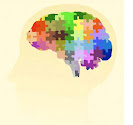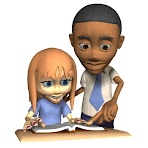15 Ways to Bully-Proof Your Child with ASD

Over 25% of public schools report that bullying among students occurs on a daily basis. Also, one in five middle school students with ASD (high-functioning autism) report being bullied in the past 3 months. The good news is that, since bullying has made national headlines, schools and communities – and even celebrities – are taking a strong anti-bullying stance. Parents can do their part at home, too. Bullying Facts: Bullies - and victims of bullying - have difficulty adjusting to their environments, both socially and psychologically. Bullies are more likely to smoke and drink alcohol, and to be poorer students. Bullying occurs most frequently from sixth to eighth grade, with little variation between urban, suburban, town and rural areas. Females are more likely to be verbally or psychologically bullied. Males are more likely to be physically bullied. Males are more likely to be bullies - and victims of bullying - than females. Students who are both bullies - and re





